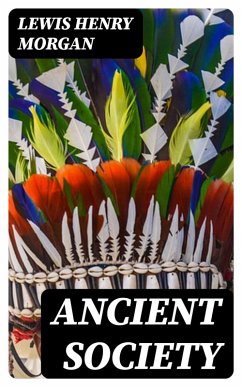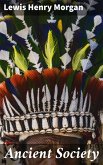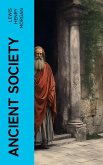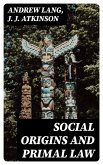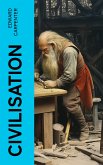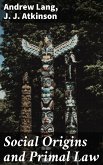In "Ancient Society," Lewis Henry Morgan delves into the evolution of human societies, meticulously outlining the progression from primitive communal living to complex social structures. The work is characterized by its blend of anthropology and sociology, employing a comparative approach that reflects the burgeoning interest in evolutionary theory of the 19th century. Morgan's literary style is both analytical and descriptive, providing a thorough examination of kinship systems, social organization, and technological advancements across various cultures. The book serves as a pivotal text in understanding the interplay of culture and social dynamics, establishing foundational concepts that would later influence the field of cultural anthropology. Lewis Henry Morgan, a prominent American anthropologist and social theorist, was deeply influenced by his experiences as a lawyer and his interactions with the Iroquois Nation. His firsthand observations of Indigenous practices and social structures inspired his interest in kinship and societal evolution. Morgan's academic background in law and social justice paralleled his commitment to understanding the underlying principles of social cohesion, leading him to challenge contemporary notions of civilization and progress. "Ancient Society" is essential reading for anyone interested in the roots of human civilization and the development of social institutions. Morgan's groundbreaking ideas continue to resonate in contemporary debates surrounding culture and evolution, offering invaluable insights into the complexities of human relationships. This book invites readers to reflect on the nature of society itself and the universal themes that bind us together across time and space.
Dieser Download kann aus rechtlichen Gründen nur mit Rechnungsadresse in A, B, BG, CY, CZ, D, DK, EW, E, FIN, F, GR, H, IRL, I, LT, L, LR, M, NL, PL, P, R, S, SLO, SK ausgeliefert werden.

